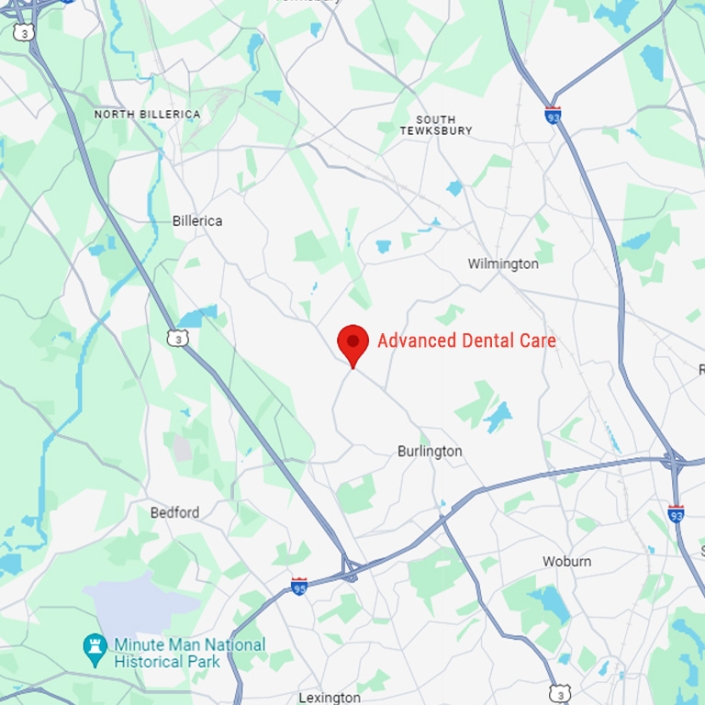The Characteristics to Look for in Toothpaste
If you’re about to head to the store for a new tube of toothpaste, our dentist, Dr. Christopher McGonigle, would like to give you some tips that can help you. It’s best to select the paste that is right for your teeth and smile. To help you find that paste, he encourages you to look for the paste that has the following characteristics:
-ADA approval: The American Dental Association Seal of Approval is a logo that proves that the oral hygiene tool is safe and effective for your smile. It’s best to choose a toothpaste that has this logo so you know it will take good care of your teeth while you brush.
-Fluoride: Fluoride is a natural mineral that helps your teeth in many ways. In fact, it strengthens and nourishes the tooth enamel and helps prevent cavities and enamel erosion. It’s best to use toothpaste that contains fluoride so you can help your smile every day.
-The necessary characteristics: There are many different types of toothpaste that can cater to your specific needs. For example, if you have sensitive teeth, there is desensitizing toothpaste available to help reduce the sensitivity. It’s best to keep your needs in mind when choosing toothpaste.
Would you like to know more about how to choose the right toothpaste in Burlington, Massachusetts? If so, please reach out to Advanced Dental Care and talk to a member of our dental team. All you need to do is dial 781-272-2875 and we will be more than happy to give you the information you need. We look forward to hearing from you!









